 Journals have flagged two papers by prominent social psychologist Jens Förster — whose work has been subject to much scrutiny — over concerns regarding the validity of the data.
Journals have flagged two papers by prominent social psychologist Jens Förster — whose work has been subject to much scrutiny — over concerns regarding the validity of the data.
Förster already has three retractions, following an investigation by his former employer, the University of Amsterdam (UvA) in the Netherlands. In 2014, we reported on the first retraction for Förster for one of three studies with odd patterns that were flagged by the UvA investigation, a 2012 paper in Social Psychological and Personality Science; subsequently, the Netherlands Board on Research Integrity concluded that data had been manipulated. Three statistical experts from the UvA then carried out a more in-depth analysis of 24 publications by Förster, and found eight to have “strong evidence for low scientific veracity.”
Last year, Förster agreed to retract two more papers as part of a deal with the German Society for Psychology (DGPs); those retractions appeared earlier this year. All three papers that Förster has lost until now are from the “strong evidence for low scientific veracity” category. Recently, two more of Förster’s papers from the same category were flagged with notices, but not retracted.
One “statement of institutional concern,” issued by Personality and Social Psychology Bulletin, reads:
Continue reading Journals flag two papers by psychologist Jens Förster
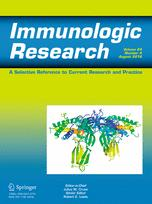


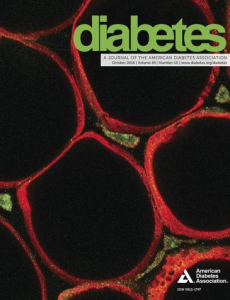
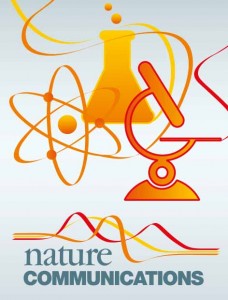 Nature Communications has issued an expression of concern for a 2014 paper by beleaguered surgeon
Nature Communications has issued an expression of concern for a 2014 paper by beleaguered surgeon 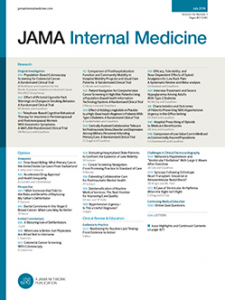

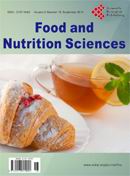 Earlier this year, a nutrition journal
Earlier this year, a nutrition journal 